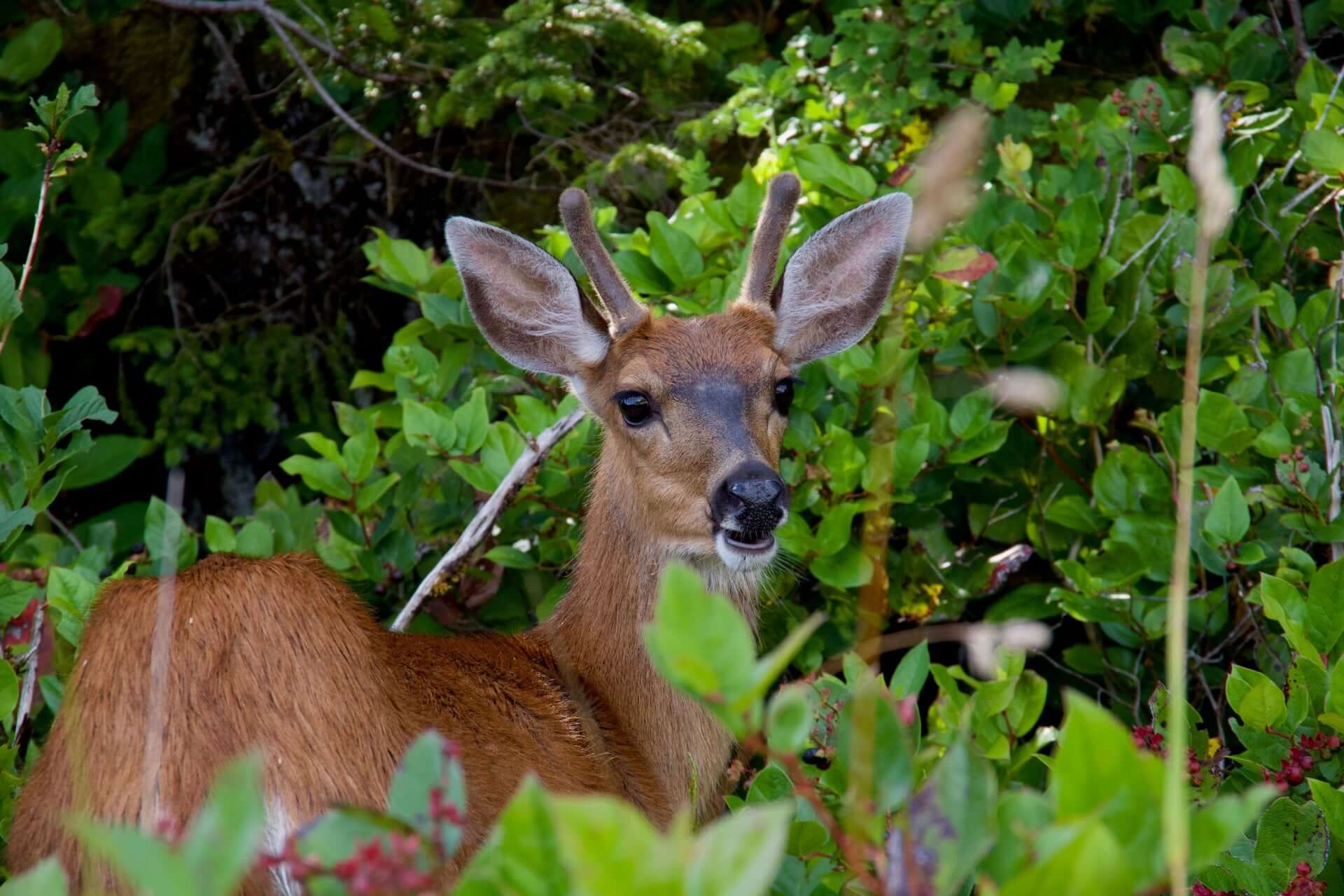Wildlife Friendly Plants
Growing wildlife-friendly plants in your outdoor garden can provide food for local wildlife for days, inviting more opportunities for animal sightings. The creatures that roam your neighborhood won't be the only ones to enjoy it; food plot plants are elegant and attractive, adding a new level of appeal to your yard.
These types of plants have proven to be a perfect way to attract deer and other wildlife to your backyard. Besides keeping wildlife on your land, they’re a great source of food and nutrition for deer, elk, turkey, and other wildlife, so that they do not have to travel far in search of food. While food plot trees are planted with deer in mind, they also provide food for smaller animals like squirrels and rabbits during the harsh winter months.
The goal of planting plants for wildlife is to observe and hunt animals when they visit your property. In addition to hunters using them to attract animals, non-hunters are adding these plants to their landscaping due to several benefits.
Featured Wildlife Friendly Plants
If you have been thinking about adding these plants to your property and need help figuring out where to start, T.N. Nursery has you covered. We offer a range of food plot trees for sale, which you can explore. Both hunters and non-hunters love all these plants for several reasons.
Whether you want to add a fruit plant to enjoy or attract deer to your garden, start with the Persimmon Tree. Deer love to eat this fruit when it is fully ripened and falls to the ground in autumn. A fully matured Persimmon Tree bears much fruit for deer and other wildlife.
White Oak Trees Produce Acorns. Deer and Squirrels Love
White Oak is one of the best trees for wildlife you can plant. They will attract deer to your property by providing late-season food sources for wildlife. Other popular food plot plants include the Mulberry Tree, Apple, Pear, Oak, and White Plum Tree.
Save The Wildlife
Wildlife plants will provide food and offer environmental benefits when planted on your property. Explore our entire collection and select any of the food plot trees to enhance the visual appeal of your property for both people and wildlife.
